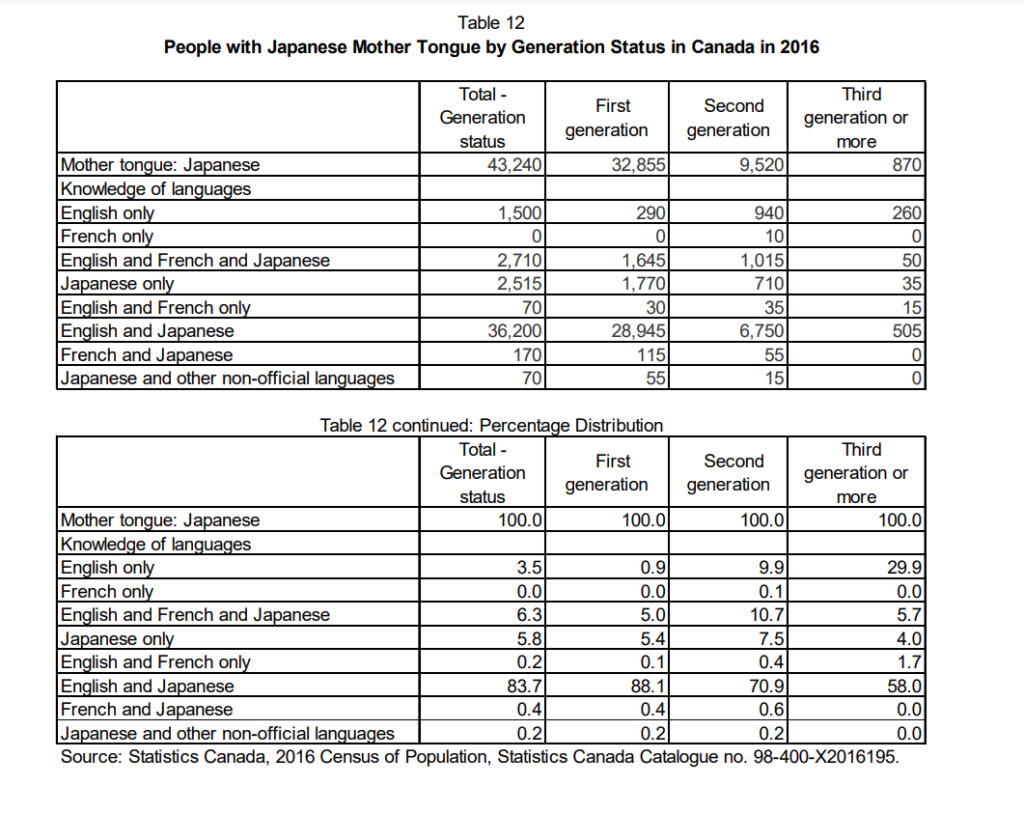My ability to speak Chinese was worse than fecal matter in my teens and I could never muster up any real effort until in my mid-20s.
Is it me? Or can I unencumber myself by blaming it all on the environment?
I think this is a pretty important question. If you are an Overseas Chinese who has lived away from a 100 per cent Chinese environment for years, decades or generations, you might find this amiss.
Heck, when I went to the University of Toronto, I met a Korean Singaporean. That blew my mind just like the Hindenburg when I realized that if she hadn’t told me she was Korean, I wouldn’t be able to tell.

She grew up in Singapore to two Korean parents who migrated in the 1960s and her Chinese was better than her Korean. That guilt (maybe) led her to go to Korea to pursue her mother tongue. Ouch.
This is quite salient because it shows that environment can have a big effect on one’s language ability. If there ain’t no Korean community and K-pop wasn’t a thing when she grew up, a few sentences here and there with her parents won’t lead anywhere.
So, am I to blame myself or am I to blame the environment? Of course, let’s ask Social Media University, the stronghold of anti-vax PhDs.
Singaporean influencer Annette Lee blames me. Funny.
Conflict of interest alert. Annette’s sister was my schoolmate, therefore I am wholly biased.
But my male ego doesn’t let me take an insult like that. Hell no.
If you don’t know what the Singaporean education system is like, it’s in fact bilingual to the same extent that North American Chinese kids going to Saturday Chinese school would be a bilingual education.
Among the many subjects I learned in primary and secondary school, I had to learn Chinese as one of them. My main skill was scraping through tests and exams.
Being the multiracial society that we are, where we pledge every school day that Singaporeans do things “regardless of race, language or religion,” the videos chastising Singaporeans’ ability to speak their mother tongue goes beyond Chinese people too. As below,
If you want to go into the depths of this rabbit hole, go check out this YouTube channel which has tons of content testing people on their mother tongue.
Compound disinterest in Chinese
How does one go bankrupt? Slowly and then suddenly.
How do Ice Ages happen? Small changes annually lead to compounding loss of temperature.
Perhaps this is how overseas Chinese lose their language.
In effect, I can see a similarity between how I was brought up and how Eva Wong was brought up. At home Eva would speak Cantonese to her parents, but outside of it, she would speak Spanish. I would speak Chinese to my mother but to everyone else I would speak English.
The Chinese I spoke was pretty fecal-like too. Its syntax was built in Chinese with a big sprinkling of English vocabulary. After all, most of that country is built on English, including signs, place names, government programs, schooling systems, etc.
I saw this post by a Member of Parliament, whose last paragraph in the screenshot shocked me. Full post here.

I had a true WTF (Wow, That’s Fascinating) moment. I didn’t know people could take history in Chinese. Baey is 50 years old at the point of writing, so that means he went through Secondary 1 in 1983.
When I went through that exact same education system in the 2000s, every sentence in that paragraph did not apply to me.
How things change. My mother told me that in the early years of my country’s independence from the United Kingdom, and when English became instituted as the primary language, English-educated Singaporeans would turn their noses up at Chinese speakers. That’s another WTF moment.
But back in the late 2000s when I was about done schooling, the education ministry came up with a “B” syllabus for the Chinese language. Perhaps it was a sign of the times, because people who took the “B” syllabus were the ones who couldn’t deal with the standard Chinese syllabus.
What the coronavirus pandemic has taught me is that we have little control over our lives as long as it’s contingent on what others do. So, we have little control over our linguistic environment. We’d all have to fit in or lose out.
It’s pretty amusing that a guy from Tainan, Taiwan told me about how native Taiwanese have been griping since 1895.
First came the Japanese thanks to the Treaty of Shimonoseki of 1895, who imposed the Japanese language. A whole generation and a half later, around 1949, the Mainlanders came and imposed Mandarin on the Taiwanese population. And then, you get this:
The crux of this video as it relates to this topic, if you don’t understand it, is that Lisa said when she was growing up, there were a lot of Taiwanese speakers. But now, there isn’t, so she fears Taiwanese might disappear in 30-40 years.
Here in Canada, there are Chinese people who have lived here for decades but can’t speak the local language. I assume their upward mobility was severely hampered.
In fact, when I talked to my guest Eric Yuan Jan, he mentioned how some Peruvian-Chinese parents would purposely speak Spanish to their children even if they weren’t good at it.
It taught me that if you live in a society where no one speaks a language, you can “you do you” and go learn it, but it will take a lot of effort.
This challenge eventually defeated Roberto Cai, who tried learning Mandarin but said he gave up.
Eric Yuan tried to teach his son Chinese, but that had its challenges, according to him.
I started learning Spanish in 2003 and went to Spain for three weeks in 2005. Holy moly, the three weeks in Salamanca taught me a lot more than the two years of learning Spanish.
It seems that the only person who was really able to maintain a good level of Chinese was my guest Chen Wanrong. Granted, so far, she’s the only guest who was born in China and spent seven years there before migrating to Mexico. She said her ability to maintain her ability in Chinese came from TV and online friends.
I suppose it’s the same for people living away from a Chinese-speaking environment would find it hard to firstly, see the purpose of learning Chinese, secondly, learn Chinese.
Japanese-Canadians and Overseas Chinese
Japanese-Canadians might give us a better insight as to what will happen to Chinese-Canadians.
This report by the National Association of Japanese Canadians states that,
“It is difficult to pass Japanese as a mother tongue from the first to second to third generation of Japanese Canadians. In the third generation, very few Japanese Canadians can speak Japanese as their mother tongue.”

The second table is more telling than the first because of varying sample sizes in different generations. If you look at the English only row, you’ll see the percentage goes from 0.9, 9.9 and 29.9 per cent from the first to third generation Japanese-Canadian. The reverse is true for the “English and Japanese” row.
Perhaps then, this is just reality for us Overseas Chinese. Not really inevitable, but also very difficult to avoid.
Leave a Reply